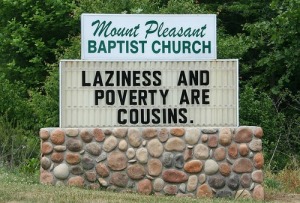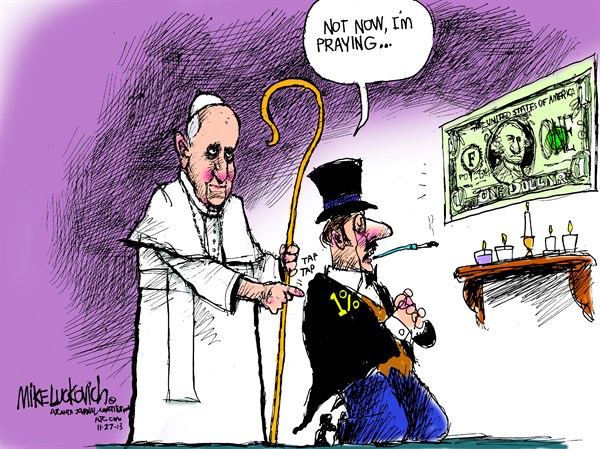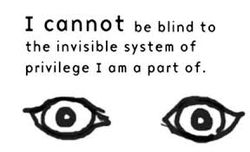The More Things Change, The More They Stay The Same
 Tuesday, November 20, 2018 at 10:25PM
Tuesday, November 20, 2018 at 10:25PM As we enjoy Thanksgiving and bring our attention to what we are grateful for, we can start with the blessing of knowing where our next meal will come from. Since the 1966 publication of “Equality of Educational Opportunity” and the 1983 publication of “A Nation at Risk” scared the country into educational “reform,” through No Child Left Behind in this current decade, one thread of commonality remains the same: American schools are failing American students, mainly students living in poverty. There is one difference though: Our culture has turned from attempting to eradicate poverty, to denigrating those living in it. Today those trapped in low socioeconomic circumstances are vilified more than ever before, assisted by our President and a 24-hour news cycle giving impetus to a perspective that is shameful in itself. A substantial population living in poverty was always the shame of the nation and once motivated a response that most Americans were behind. Now poverty is no longer the shame of the nation, but the shame of those who live in poverty. The finger of blame has pointed away from “us” to “them.”
 The more things change, the more they stay the same. Poverty rates 50 years ago compared to today elicit debate about the relative success or failure of the “War on Poverty,” but the fact is that the percentage of children living in poverty is much higher today while life-saving Supplemental Nutrition Assistance Program (SNAP) benefits are cut without much rancor. In his 2019 budget, President Trump proposed cutting SNAP (known in California as CalFresh) by over $17 billion. Four million people now eaking out a living will go hungry.
The more things change, the more they stay the same. Poverty rates 50 years ago compared to today elicit debate about the relative success or failure of the “War on Poverty,” but the fact is that the percentage of children living in poverty is much higher today while life-saving Supplemental Nutrition Assistance Program (SNAP) benefits are cut without much rancor. In his 2019 budget, President Trump proposed cutting SNAP (known in California as CalFresh) by over $17 billion. Four million people now eaking out a living will go hungry.
The same illness in our culture has seeped into our public education system. The logic of merit, deficits, and scarcity have found fertile ground to promote and continue our inequitable educational system. Vilification of the poor takes away any sense of responsibility from those benefiting from privilege and advantage. Once the moral onus is removed, change will not come from those benefiting from the unequal distribution of educational resources. Particularly, if they feel that they somehow merit scarce resources due to their own perception of deficit in others who they feel do nothing to deserve them. At this point, ineffective technical reforms seem to be the less difficult way to say we are doing something, while organized social action built upon a foundation of participatory inquiry to alter existing circumstances is the more strenuous but ultimately more effective way to bring about change.


